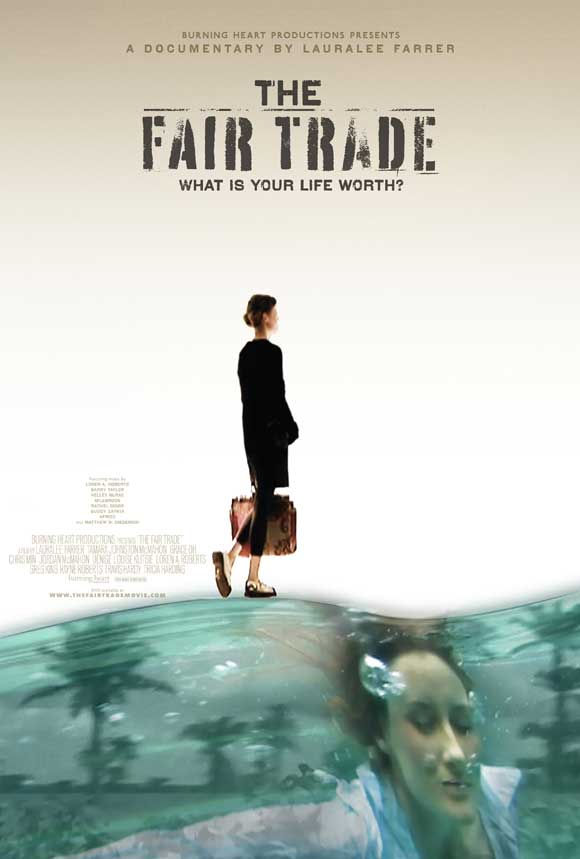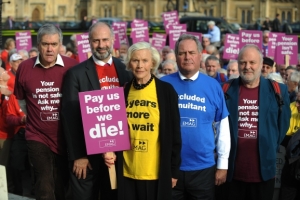Investing: What are ETFs?

Investing: What are ETFs?
An ETF (Exchange Traded Fund) is one of a number of financial products or “instruments” which are better described as ETPs – Exchange Traded Products. In very simple terms, it is an investment that can be traded in pretty much the same way on any world stock market. They are relatively new (beginning life in 1993) but are growing in popularity.
Low cost and transparent
The main advantage of an ETP is that they are often very low-cost and transparent, particularly as the total cost of ownership is very clear. As we know, there are very few things that we can control in the investment world – but cost is one that we can exercise some degree of control over. We cannot control markets (at least not legally!) and whilst use strategies to take account of what is going on in the world, I believe that attempting to time investments to produce superior returns is pretty much beyond everyone. Admittedly it looks very easy in hindsight, but the truth is rather different and knowing when to get out is easier than knowing when to get back in…. and both decisions need to be made. Low cost is not the same as “cheap and nasty” and more than high cost is the same as quality. Cost of ownership is one of many aspects that we consider for our clients.
Focus which enables diversity
So an ETP offers a low-cost approach to accessing markets. In addition they can also provide tremendous focus. If you really want to invest in something specific an ETP will invariably have a solution. Arguably an ETP “democratizes” investing, making is just as cost-effective to invest £100 as £1m. However there are some snags.
Evolving market – teething troubles
Firstly, an ETP doesn’t have the advantage of the FSCS (compensation scheme) behind it. Frankly that may not bother you as one can make the argument that the such protection is paper-thin in the event of a serious global meltdown. Secondly as a “security” an ETP is traded, often via a stockbroker, which means dealing costs. If the amount is large enough, then this can be an insignificant sum, but clearly it’s not for those that invest modest amounts each month or trade frequently with small sums. Many ETPs are priced in non-sterling currencies, such as the dollar, thus exposing you to increased currency risk. Finally accessibility is still limited, of course I can find the best way for you to access ETFs and resolve these snags, but the choice of providers that genuinely offer trading facilities and best execution practice is fairly small – this is an evolving market. Once these costs are included, often an ETP can be more expensive than a good low-cost Unit Trust or OEIC – which have more “protection”. So I would argue that for all but a few, the main appeal at present remains the ability to use highly specific investment strategies to add value to your portfolio. Essentially this comes down to your investment experience and requirements – which ought to serve your goals, not simply a different investment experience.
However, I want to make it very clear that ETPs can make a lot of sense for the right investor and something that we are able and willing to use appropriately, after all this is part of being independent and being able to access the entire market for solutions.

Dominic Thomas
Solomons IFA
You can read more articles about Pensions, Wealth Management, Retirement, Investments, Financial Planning and Estate Planning on my blog which gets updated every week. If you would like to talk to me about your personal wealth planning and how we can make you stay wealthier for longer then please get in touch by calling 08000 736 273 or email info@solomonsifa.co.uk
